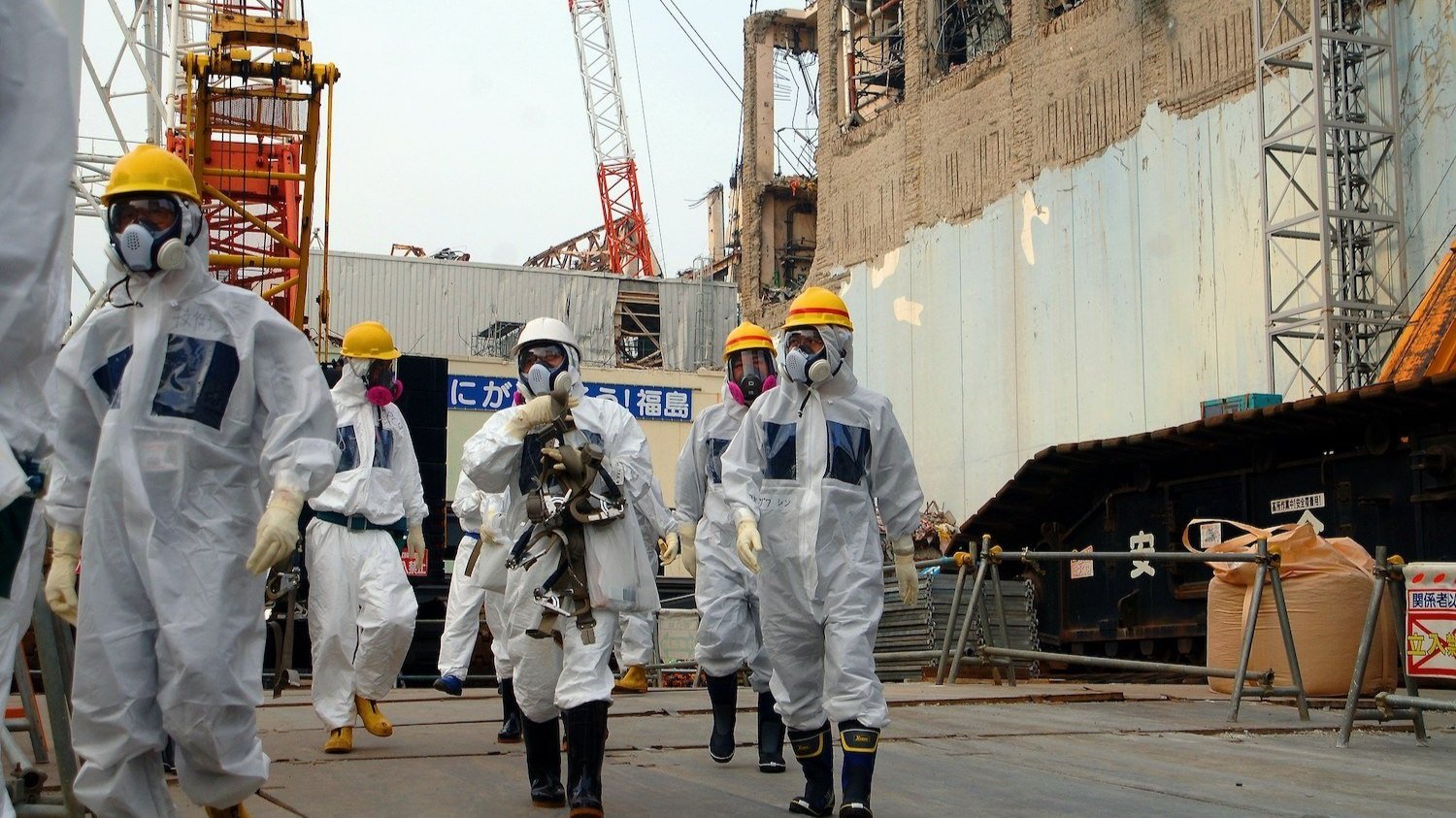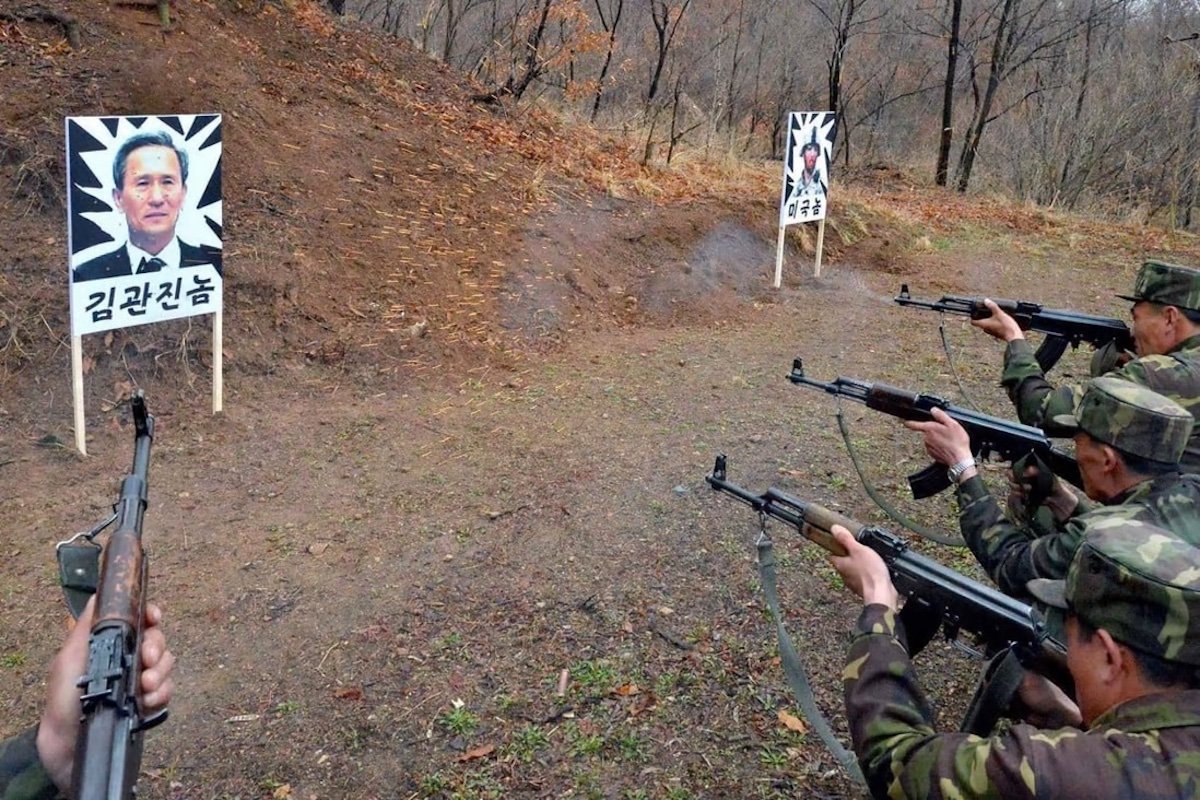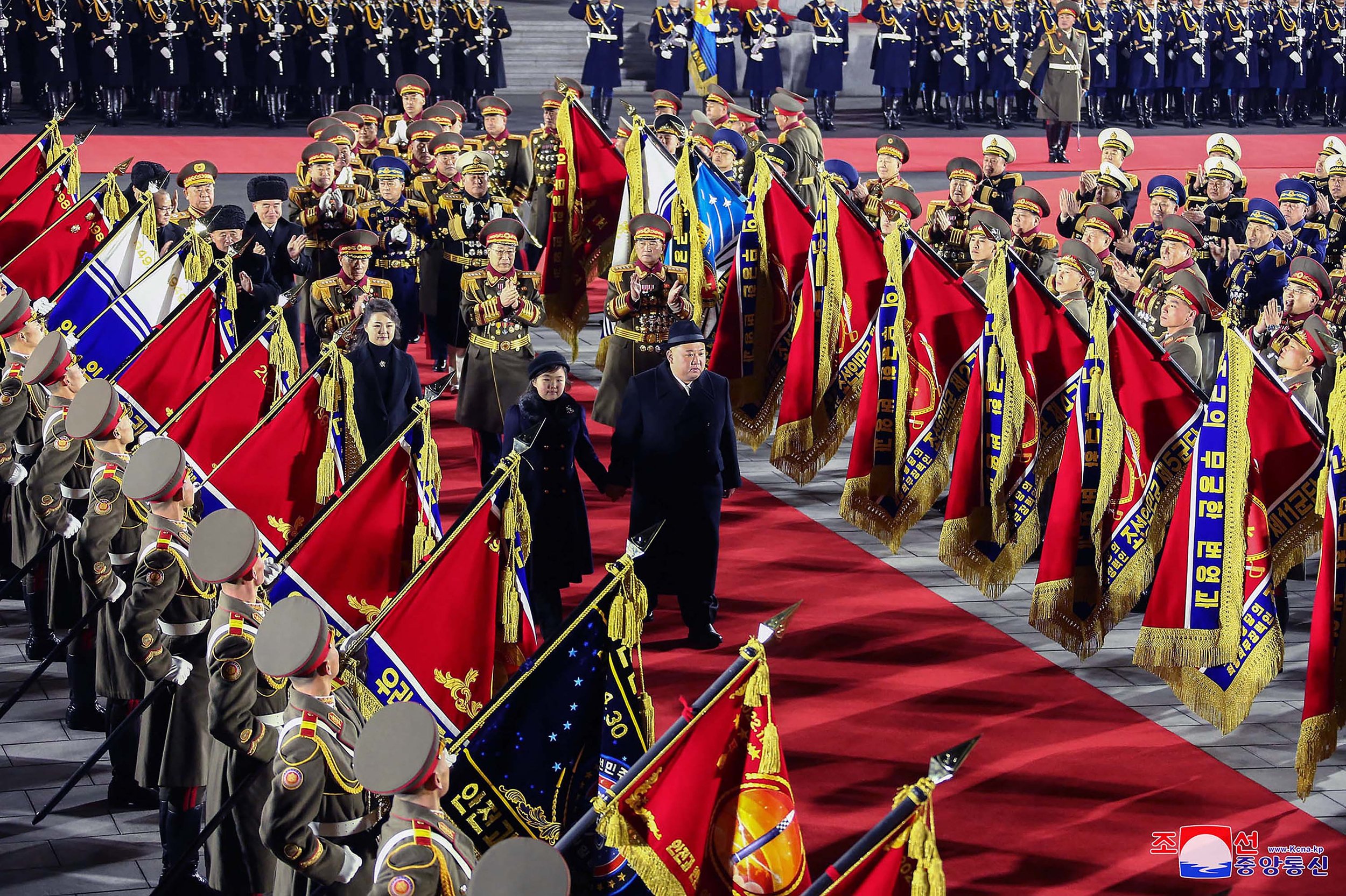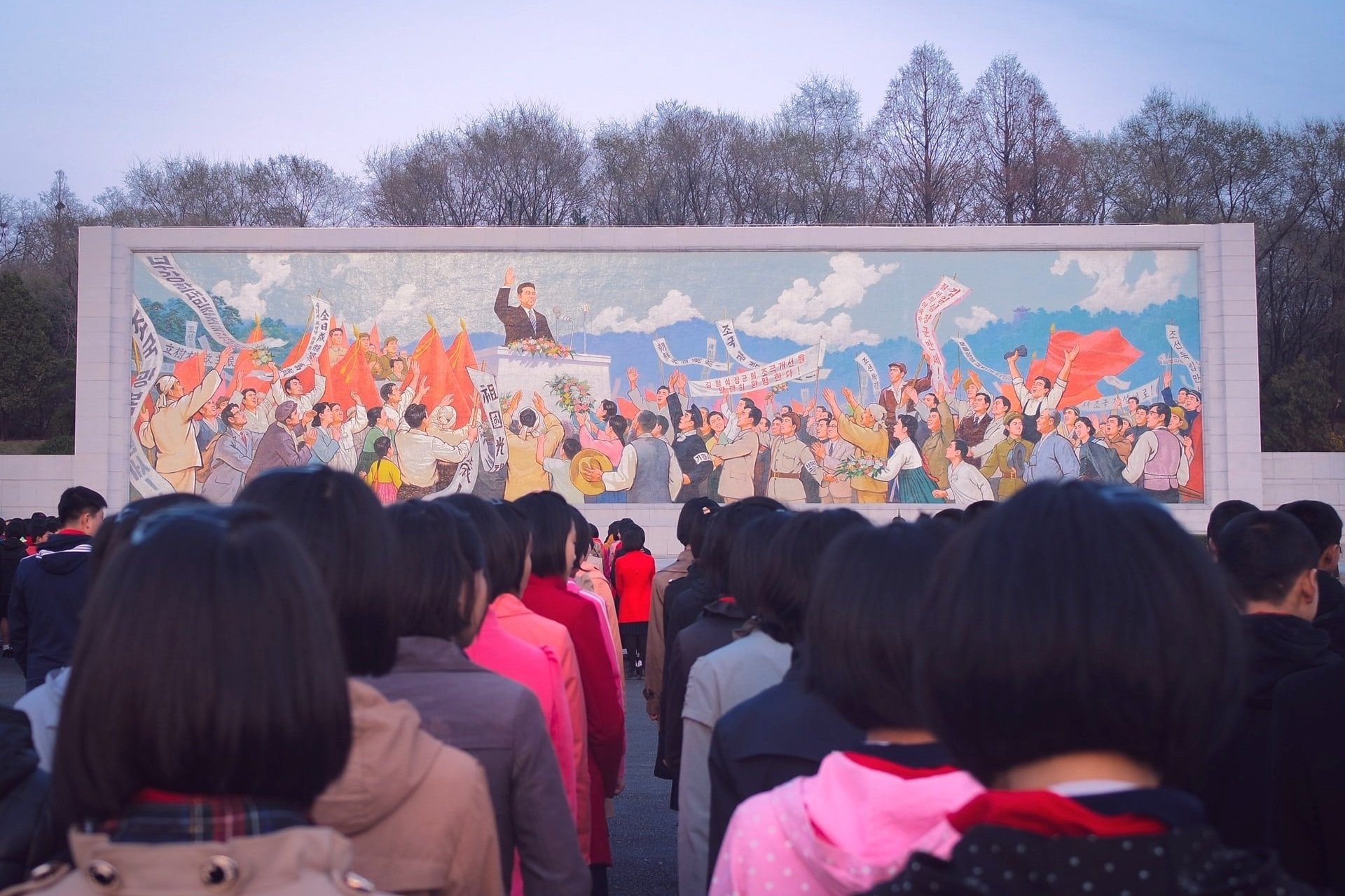The hermit kingdom has finally reopened its gates to its allies as North Korea’s one and only state airline, Air Koryo, resumed services last month from Pyongyang to Beijing and Russia’s port city of Vladivostok. Flight JS151 landed in Beijing on August 22, 2023, at 9:17 a.m., shortly ahead of its scheduled time. Although it was not clear who was aboard, tour companies that operated in North Korea suggested that the flight was specially arranged to carry back North Koreans trapped in China during the years of border closures. This international border closure marks three and a half years of total cut-off from the outside world. Even though rail trade for desperately needed food and medicine from China had restarted as early as April 2022, passenger travel in 2023 signals that North Korea is prepared to return to its pre-pandemic livelihood.
However, the prolonged isolation has deepened the nation’s chronic food insecurity, and it is worrying as to how its people, including underground entrepreneurs who have grown dependent on Kim Jong-un’s authoritarian leadership when the black-market trade economy was put to a halt, could restore the country’s heavily driven civilian economy.
IT IS NOW OR NEVER
North Korea was “successful” in portraying its achievement in accomplishing its ideology of self-reliance during the lockdown by reportedly stealing hundreds of millions worth of cryptocurrency and other digital assets to fund its worsening economic conditions. However, “The cost of isolation that piled up over the years … has reached a breaking point for Kim,” according to Heo Jeong-pil, a professor of North Korean studies at Dongguk University in Seoul. Similarly, Cho Han-bun, a senior researcher at the Korean Institute of National Unification viewed Pyongyang’s resumption of commercial flights to be motivated by an urgency to resume trade and people-to-people exchanges. Some experts believe that the North may even increase the number of workers sent to Russia’s Far East to replace repatriated laborers amidst the mass forced return of citizens from abroad, as they provide an important source of foreign income for the regime.
In relation to opening the country’s doors to tourists, Heo commented that, “While very careful at this point, North Korean authorities do need opportunities to raise foreign currency, and that is why they ultimately want tourists back.” Although it is unclear when foreigners would be allowed to enter the country, the North Korean parliament recently passed a new law on “revitalizing” and “expanding” the tourism industry, which may indicate that the government now seeks to revive the ailing industry. Rowan Beard, a tour manager at Young Pioneer Tours, described that “It’s a positive sign to see the tourism sector being discussed in parliament – meaning they are expecting foreign tourists to return soon.” Nonetheless, since Covid-19 restrictions are still being implemented in the country, as seen by the one-week quarantine requirement imposed on the first batch of returning citizens in August, prospective tourists should be prepared to accept similar testing and quarantine measures. After all, “The unvaccinated nation is still highly wary of the coronavirus, but it has no choice but to reopen its borders to resume trade and address the ongoing food shortage which has reached a serious level. I’ve heard that the price of rice per kilogram has reached 7,000 North Korean won (KPW) in some places, the highest figure in several years,” according to Park Won-gon, a professor of North Korea studies at Ewha Womans University.
INTERNATIONAL COMMUNITY PREPARES TO WELCOME NORTH KOREANS
International competitions also welcomed the first batch of North Korean athletes since the start of the pandemic in early 2020. A group of around 80 male and female taekwondo athletes and officials were seen traveling by sleeper train from the Chinese border city of Dandong and through Beijing’s international airport to Kazakhstan in August 2023. The North’s demonstration team performed for about an hour at the opening ceremony of the ITF Taekwon-Do World Championships held in Astana, during which the chief of the North Korean-led International Taekwondo Federation, Ri Yong-son, told the press that “We’ve gathered here for peace and friendship. There are no failures, we are all champions.” Photos by South Korea’s Yonghap news agency showed large piles of wrapped boxes and luggage as the group checked in for the return flight to Pyongyang from Beijing.
As North Korea begins to ease its traveling restrictions both internally and externally, experts speculate that South Korea is expected to see a growing number of North Korean defectors in the coming months, not only from Pyongyang but also from China and Russia. Park even suggested that “We may see the number (of defectors) return gradually to pre-pandemic levels.”
















































